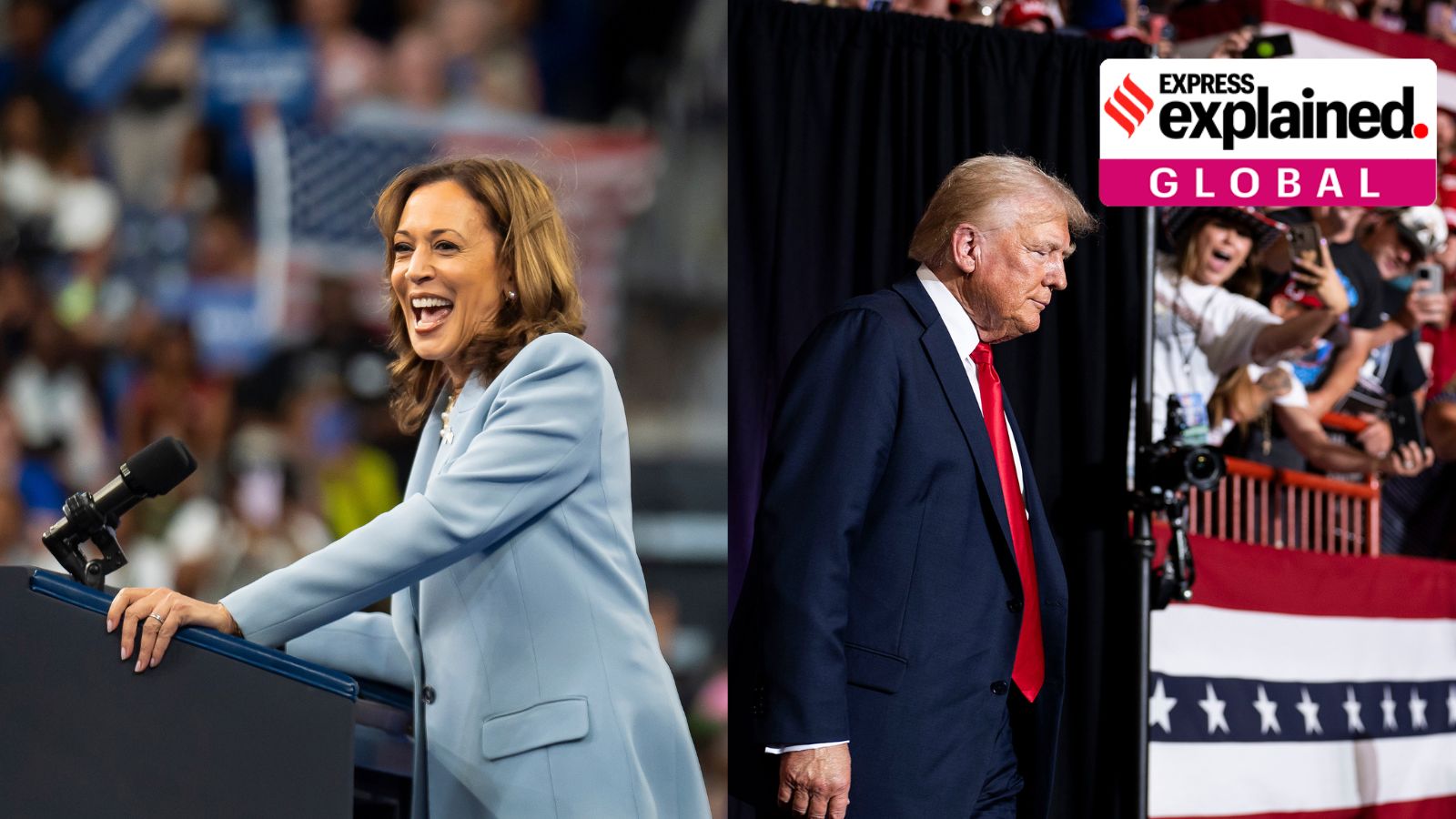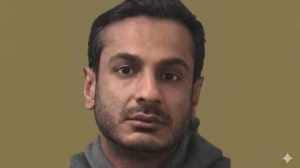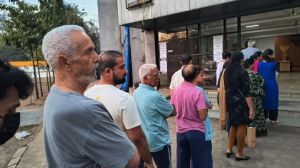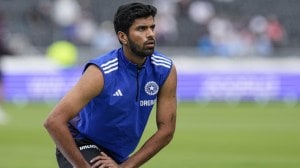July was a month of political earthquakes in American politics. As developments in the US political landscape impact the rest of the world, it is important to understand what happened.
These four events have made US politics and the elections much more interesting than before when the world was looking at a Biden vs Trump repeat of 2020. With less than 100 days to go for the US Presidential elections in November, the next steps to watch for in August are Kamala Harris’ pick as her VP candidate, and what messaging that sends.
For Republicans, staying the course
The assassination attempt against Donald Trump brought back memories of assassination attempts on former Presidents, such as Ronald Reagan (who survived) and former President John F Kennedy (who was killed). This led to debates on gun control, an issue that has long plagued US politics, in a society which is increasingly polarised based on identity.
Story continues below this ad
Closer home too, this marked an important moment since many Indians go to the US to study and work. The spectre of gun violence and questions about race and identity threaten to diminish the lure of America as a destination.
Closer home too, this marked an important moment since many Indians go to the US to study and work. The spectre of gun violence and questions about race and identity threaten to diminish the lure of America as a destination.
The nomination of J D Vance as the VP candidate has had interesting connotations: he will be the first millennial Vice President to be in the White House if elected. In choosing a Vice-President, the presidential nominees can either “balance the ticket” or “double down.”
Balancing the ticket is essentially looking at a VP nominee who makes up the “weaknesses” of the Presidential candidate. In other words, the Presidential candidate’s opposite — in terms of age, the colour of their skin, and views, but in sync with the overall agenda of the Presidential candidate. This is to broaden the appeal of the presidential candidate, and expand the voters.
Story continues below this ad
In choosing J D Vance, Trump has opted to double down on his agenda by choosing a “mini-me” version of Trump.
Much more sophisticated in his articulation of the angst of the American working class in midwest America, Vance — author of the best-selling 2016 book Hillbilly Elegy — is an advocate of “America First”, and is projecting himself as the New Right in America’s politics.
A new lease of life in the Democrat campaign
President Biden’s decision to withdraw from the Presidential race was hastened after his disastrous performance at the Presidential debate in June. His age, health, fumbles and gaffes almost forced the Democratic leaders to tell him the bad news: that he would have given a landslide victory to Trump. Former President Barack Obama and former House Speaker Nancy Pelosi were among the heavyweights who counselled Biden to step aside.
Biden is perceived to have chosen his country and the party over himself in agreeing to step away and endorsing VP Kamala Harris. She took charge immediately and got endorsements from the Clintons, the Obamas and others.
Story continues below this ad
Harris quickly took control of the Biden campaign offices and changed its energy. From a campaign that was seen to be backing an ageing patriarch, Harris’ nomination changed the debate and flipped it against Trump: now she was pitted against an “old” Presidential candidate Trump, and not the other way around.
This has injected a fair bit of enthusiasm in the Democratic party’s campaign — a Vibe Shift, as donations started pouring in — almost 40 per cent of the donors after Harris’ announcement were new donors. Poll numbers put her very close to Trump, with one putting her just one point behind Trump within the first week of her name being announced.
Choosing a Democrat VP candidate
Harris is now moving towards picking the right Vice Presidential candidate. If she intends to balance the ticket, then as a woman of colour (being of African-American and Indian-American heritage), she is looking for a white, older, male candidate, preferably from a not-so-liberal state, since she comes from a liberal state, California.
In doubling down, she would choose someone who resembles her in many ways — just like Trump did by choosing Vance. So, for Harris, that could be a white, woman candidate who shares a similar worldview.
Story continues below this ad
For many in the campaign, a win would be better than the political messaging of having two women on the ticket. While this opportunity could be a historic first for a woman candidate to be a President, there does not seem to be an appetite in American politics and society for two women in the top jobs in the administration. That debate is currently underway.
The possible VP picks include Arizona Senator Mark Kelly, Pennsylvania Governor Josh Shapiro, Kentucky Governor Andy Beshear, Governor JB Pritzker, Governor Gavin Newsom, Secretary of Transportation Pete Buttigieg and Minnesota Governor Tim Walz — all men. The only woman candidate whose name is doing the rounds is that of Michigan Governor Gretchen Whitmer. She has, however, said that she was “not a part of the vetting” process to be a running mate.
Harris plans to seal the VP pick next week, ahead of the Democratic National Convention in Chicago on August 19-22.
What does this mean for India?
From India’s perspective, it will be interesting to see who becomes Harris’ running mate. This would signal their policy positions in the coming months.
Story continues below this ad
New Delhi, which has been watching the US Presidential race closely, believes that there is a bipartisan consensus in Washington DC on stronger Indo-US ties. Harris — who has been part of the US administration and the White House politics — is aware of the nuances in the discussions with India. As a Presidential candidate, she will have to balance the interests of having New Delhi as a close, strategic partner with her record as a human rights advocate.








































